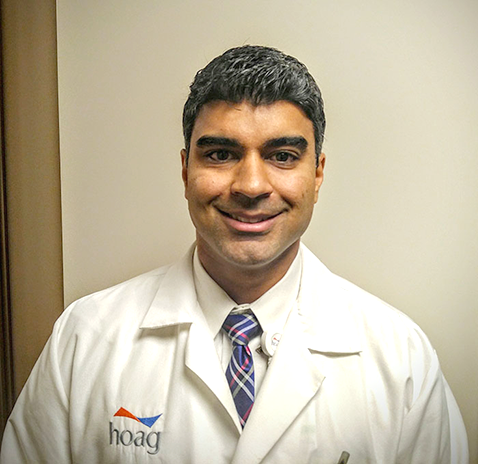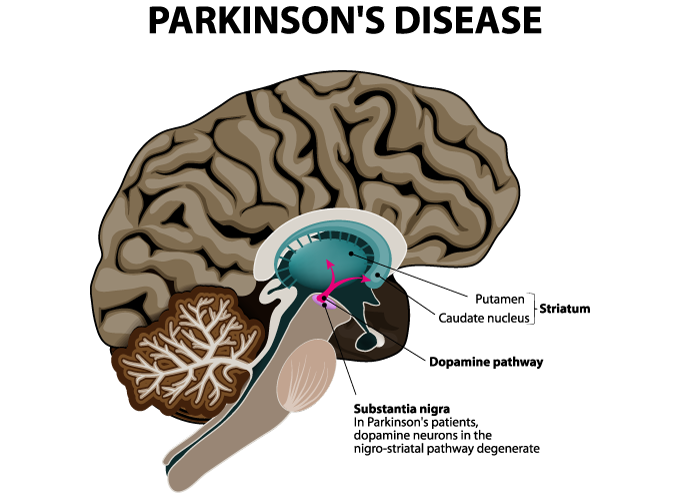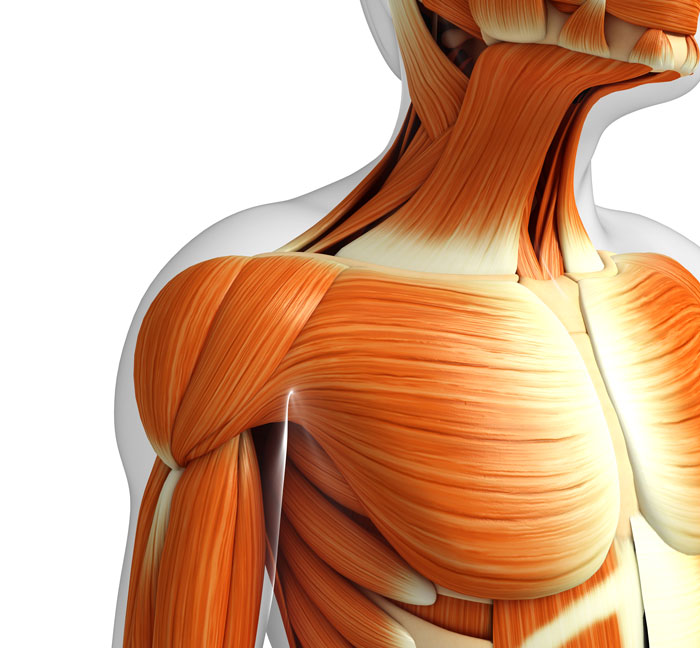Dr. Sandeep K. Thakkar D.O.
Dr. Sandeep K. Thakkar D.O.
Dr. Sandeep K. Thakkar is a board certified neurologist and psychiatrist who specializes in the treatment of Parkinson’s disease and movement disorders. Graduating from Western University of Health Sciences College of Osteopathic Medicine of the Pacific in 2007, Dr. Thakkar is reknowned for his tireless efforts to design and create innovative treatment programs that help improve the quality of his patient’s lives. His patient-centred approach to patient care goes well beyond the physical manifestations of neurodegenerative diseases such as Parkinson’s disease to support and treat the psychological and emotional challenges that result from these movement disorders.
Dr. Thakkar completed his medical internship at Mount Sainai, in NY and his neurology residency at Loma Linda Medical University Medical Centre in Loma Linda, CA. He then went on to finish his fellowship training in movement disorder at University of California Las Angeles.
Dr. Thakkar has published several journals and pioneered clinical research programs that examine the benefits of deep brain stimulation for treating the various cognitive symptoms of Parkinson’s disease including eating disorders.
Dr. Sandeep K. Thakkar is currently working in Newport Beach, CA and is affiliated with Hoag Memorial Hospital. He specializes in neurology with a particular focus on Parkinson’s Disease and movement disorders including:
Alzheimer’s Disease, Ataxia, Autoimmune Diseases, Autonomic Disorders, Bell’s Palsy, Brain Disorders, Cerebral Artery Thrombosis, Cerebrovascular Disease, Chorea (Excluding Huntington’s Chorea), Chronic Inflammatory Demyelinating Polyneuritis, Dementia, Diplopia, Dystonia, Essential Tremor, Gait Abnormality, Headache, Headache (incl. Migraine), Huntington’s Disease, Inflammatory and Toxic Neuropathy, Insomnia, Intervertebral Disc Disease, Intervertebral Disc Herniation, Low Back Pain, Migraine, Multiple Sclerosis (MS), Myasthenia Gravis, Myoclonus, Parkinson’s Disease, Peripheral Nerve Disorders, Progressive Supranuclear Palsy (PSP),Radiculopathy (Not Due to Disc Displacement), Restless Leg Syndrome, Seizure Disorders, Sleep Apnea, Spinal Stenosis, Spine Disorders, Stroke, Syncope, Thrombosis, Tremor, Trigeminal Neuralgia, Vascular Disease, Vertigo.

Dr. Thakkar’s Specialties
Parkinson’s Disease
Parkinson’s disease is a progressive disorder of the nervous system that currently affects 1% of the American population. It spares no race and is found in both men and women although is found to be most common in men. Parkinson’s typically affects older people aged between 50 and 65 though, in some rare cases, can also occur in younger adults.

Cognitive Disorder
As we get older, our bodies begin to change. An entirely natural part of this shift is a slowing down of our brains and a dimished ability to remember and learn new things. However, consistent and increasing occurrences of conditions such as increased memory loss may be a sign of something more serious such as a cognitive disorder.

Deep Brain Stimulation
Our ability to move and control our muscles is the result of a complex communication system between our brains and our bodies. For example, if we want to smile or lift our arm up, our brain sends out a signal to the muscles required to achieve that movement, essentially telling them what to do.

Dystonia Including Torticollis and Blepharospasms
Dystonia affects approximately 500,000 adults and children in the United States and is the third most common movement disorder in the country. Identified by the repetitive twisting and contracting of muscles for prolonged periods of time, dystonia is also one of the most painful conditions.

Make an Appointment
There is no such thing as a one-size-fits all treatment. As such, we work closely with you to understand your unique circumstances and design care programs that fit your individual needs.
Use Telehealth
No matter where you are or what your movement disability may be, telehealth services ensure that we are always connected and able to assist you, 24/7.
